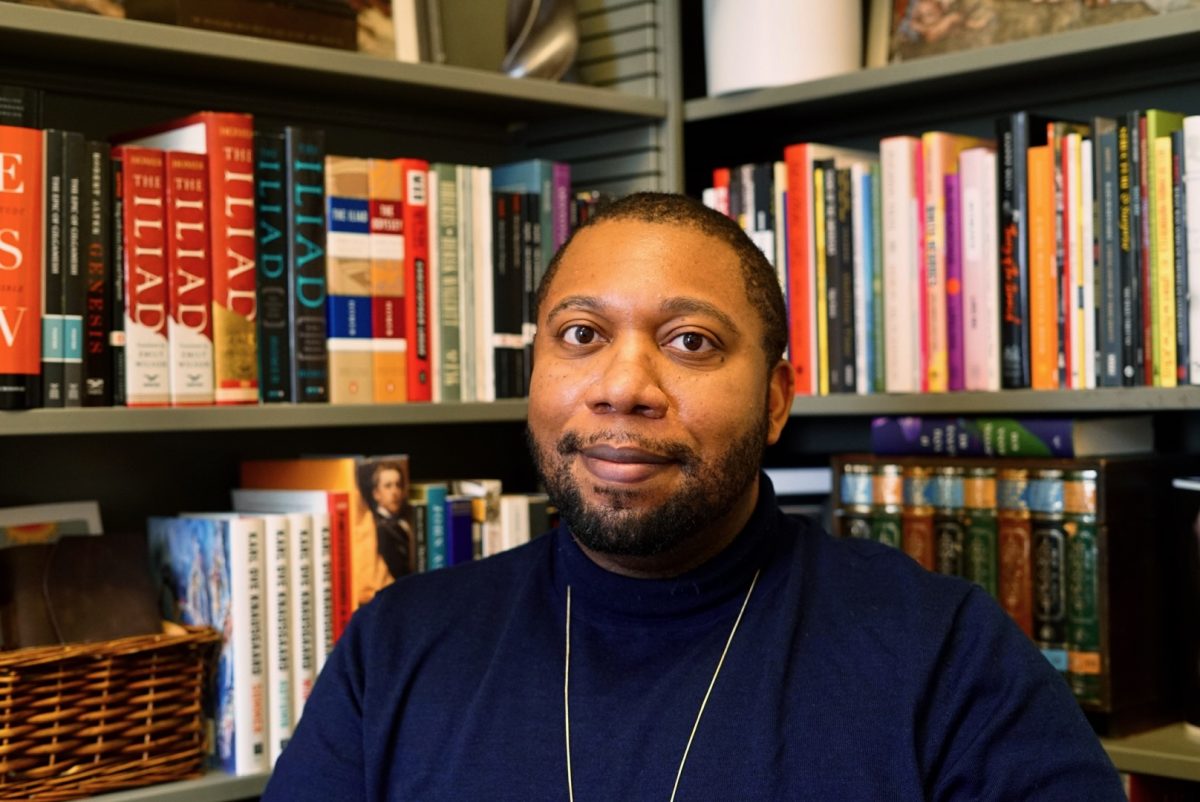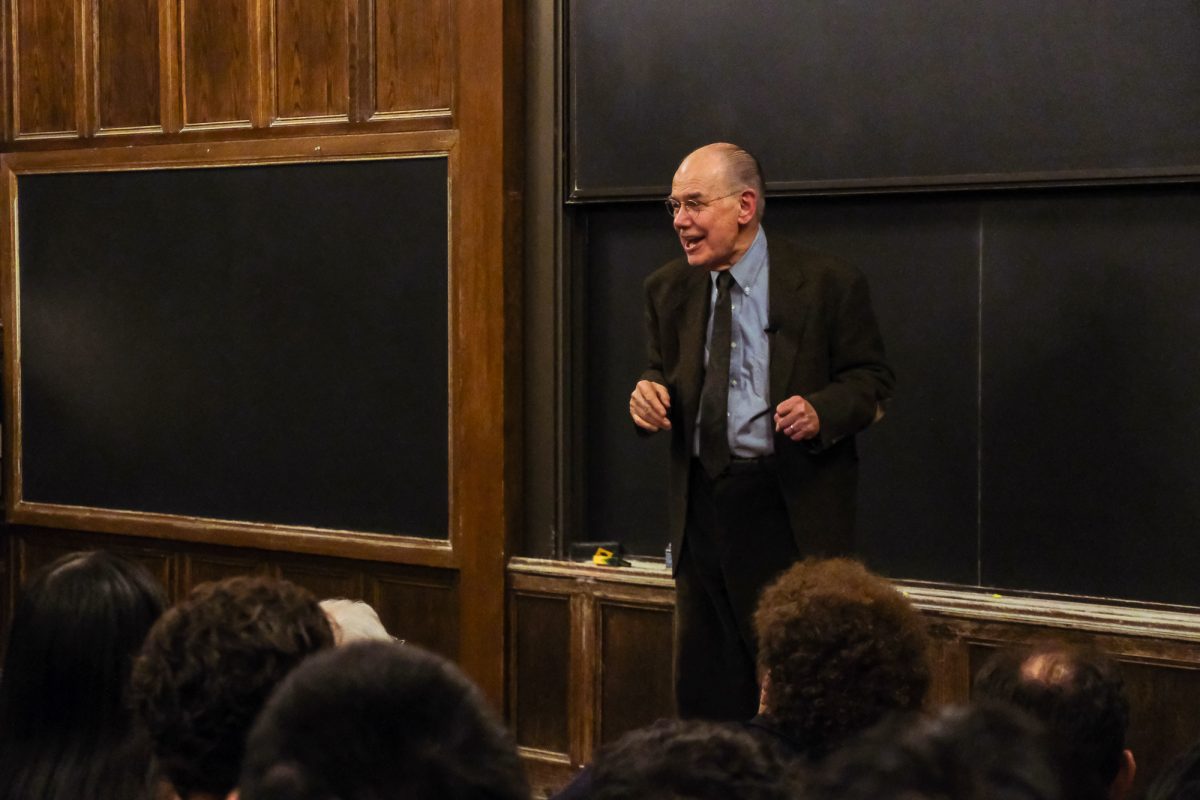Dean of Students Jay Ellison announced via email in late September that the College would no longer sustain part-time student status.
In the email, Ellison wrote that one of the reasons the administration eliminated part-time student status was to ensure that College students graduate on time.
“We want to make certain that students can come, study, progress, and graduate, in a timely manner,” he said.
Ellison also said that financial concerns were a factor in the University’s decision.
“We have amazing resources, in housing, classrooms, teaching staff, and the financial support we can provide. But it is not unlimited. As the College grows we want to be able to provide the same options and opportunities for all students,” he wrote.
The change includes exceptions for students with health issues that prevent them from keeping up with three classes at a time. In addition, fourth-year students will be allowed to petition to take fewer than three classes in their final quarter of study. During this academic year only, exceptions will be made for students who had planned on taking fewer than three classes for more than one quarter.
While unlikely to affect a large number of undergraduates, the decision is an example of what Ellison noted as the changing behavior and makeup of the College.
“The College is a much different place, with a much different population of students than it had when part-time was a regular part of the student experience,” said Ellison, a former Harvard administrator in his second year working at the College. “Students often worked in town and commuted to campus during the olden days.”
At times throughout the 20th century, according to records found in the University Library’s Special Collections Research Center, the College was dominated by non-degree students. In the autumn of 1950, for example, full-time residential students occupied only 520 of the College’s 1395 seats.
Ellison also argued that, as a top-tier institution, support for part-time status was no longer necessary.
“Progress towards the degree is important, and always has been,” Ellison said. “And as a top-tier college with some of the best students, part-time study no longer was needed or appropriate.”
Similar policies are in place at UChicago’s peer institutions, such as Yale, Stanford, and Ellison’s former institution, Harvard.
The number of degree-seeking part-time students in the College has already fallen slightly, possibly as a result of the new rules. As of the fourth week of Fall Quarter, according to a recent student census provided by the University Registrar, only 48 degree-seeking students in the College are enrolled part-time, down from 86 at the same time in 2014 and the lowest since Fall 2009.







